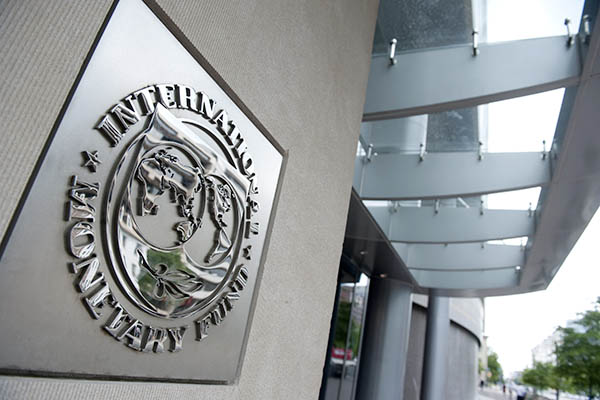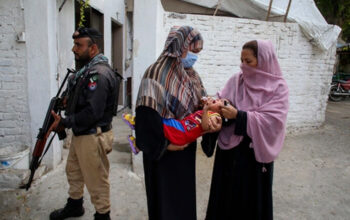By Staff Reporter
ISLAMABAD: The IMF on Thursday defended its role in Pakistan’s economic recovery, saying that its policies are designed to help the country overcome its fiscal and external imbalances and support its social development goals.
The fund’s statement came amid growing criticism of its stringent conditions for disbursing loans to Pakistan, which some human rights watch groups have blamed for worsening the plight of the poor and vulnerable segments of the society.
IMF spokesperson Julie Kozack responded to questions from journalists during a press briefing, where she was asked about the IMF’s $3 billion standby arrangement with Pakistan, which was approved on July 12.
The spokesperson said the bailout program was on track and urged the authorities to place the burden of fiscal adjustment on the wealthy segments of society.
Kozack said the program’s objectives are to provide a policy anchor for addressing domestic and external imbalances and a framework for financial support from other donors, multilateral and bilateral partners, including fresh financing and rollovers of debt coming due.
“Policy efforts center on the implementation of the fiscal year 2024 budget, appropriate monetary policy aimed at bringing inflation down, and continued reforms to improve the viability of the energy sector,” she said. “All of these reforms are ultimately aimed at paving the way for higher, more inclusive and more resilient growth.”
She also said the program envisages plans to strengthen public financial management, tax administration efforts, and to better prioritize public investment, with support from partners including not only the IMF but also the World Bank and the Asian Development Bank.
One journalist asked about the criticism that the IMF’s policies are undermining human rights of the masses of Pakistan, especially for the poor, citing a report by Human Rights Watch that said the IMF’s austerity measures have led to cuts in social spending, increased taxes, and higher utility prices.
Kozack did not directly answer the question, but said the IMF is committed to protecting the poor and the vulnerable members of society, and that its Managing Director, Kristalina Georgieva, had recently made a plea to place the burden on the wealthy segments of society.
“It’s important for, as the Managing Director (Kristalina Georgieva) said, that the rich pay their taxes, tax to GDP ratio in Pakistan is very, very low and that the poor are protected in society,” she said. “The poor and the vulnerable members of society are protected and I think her words in this were very clear.”
Pakistan is facing a deepening economic crisis and widespread public discontent after accepting the standby loan from the IMF that came with tough conditions. Though the programme blurs the country’s immediate default prospects.
It requires Pakistan to remove energy and fuel subsidies, move to a market-based exchange rate, and increase taxes, among other reforms.
The basic tariff of electricity was raised by Rs7 per unit from September, as well as a further increase of Rs4.96 per unit approved by the regulator last month. Domestic fuel prices were raised almost 40 percent in September.
Interest rates have also risen, making borrowing more expensive for businesses and consumers. And the rupee has lost more than 20 percent of its value against the dollar since the start of the year, making imports more costly.
These reforms have triggered inflation, which soared to a record 38 percent in May, eroding the purchasing power of millions of over 95 percent of Pakistanis.
The government has tried to ease the burden on consumers by allowing them to pay their electricity bills in installments, but the IMF rejected the proposal.
Ordinary Pakistanis say they are struggling to make ends meet as their incomes have not kept pace with the rising prices of basic goods and services. The worsening economic conditions sparked sporadic protests across the country. In some cities, the protests have turned violent, leading to clashes with utility companies.
Kozack ignored the part of a question from a journalist who asked about Pakistan’s request for relief or relaxation from the IMF under the existing agreement, especially on high energy prices and electricity bills.
Copyright © 2021 Independent Pakistan | All rights reserved




